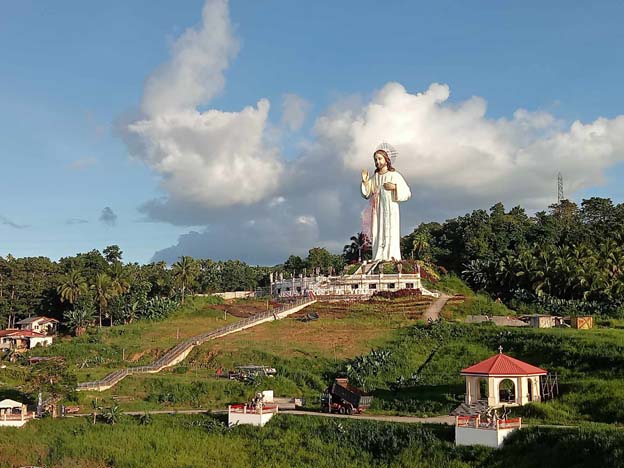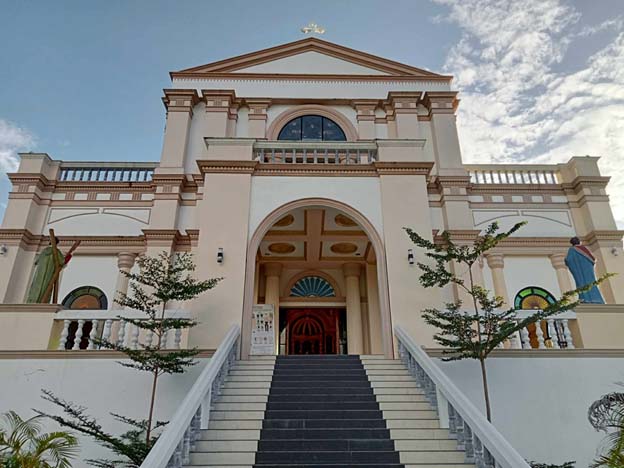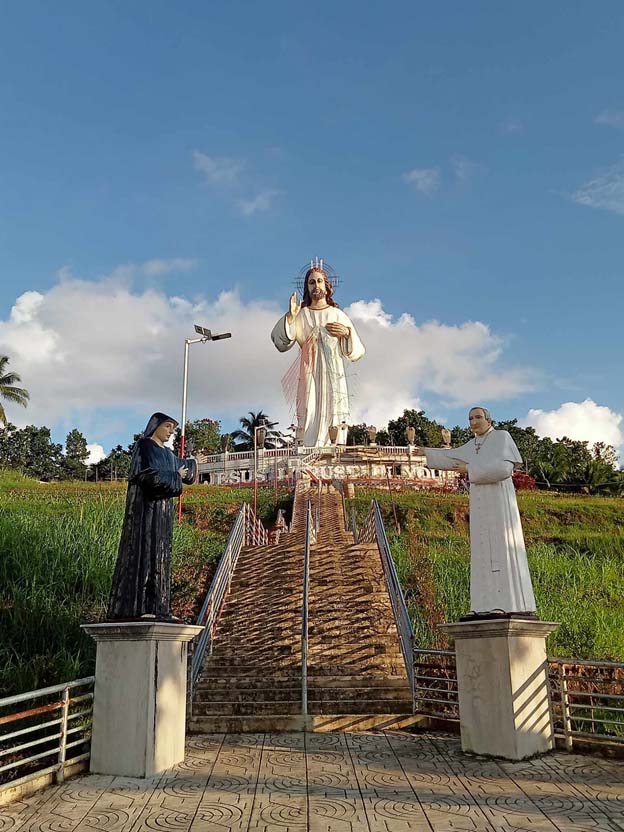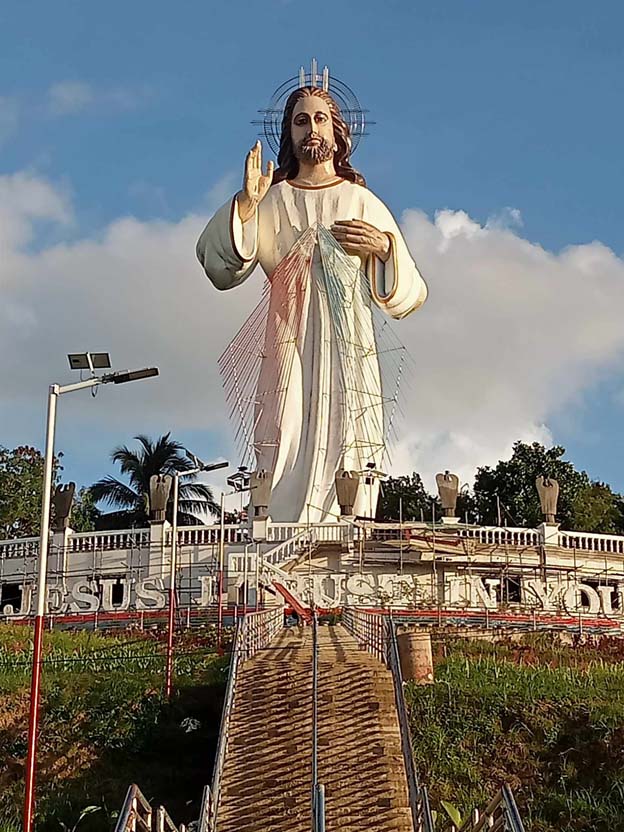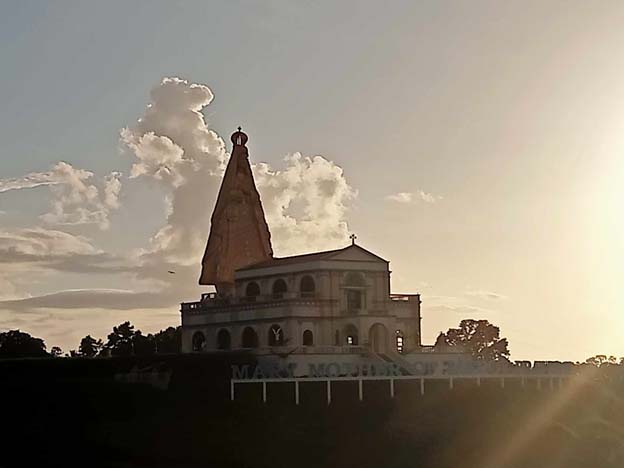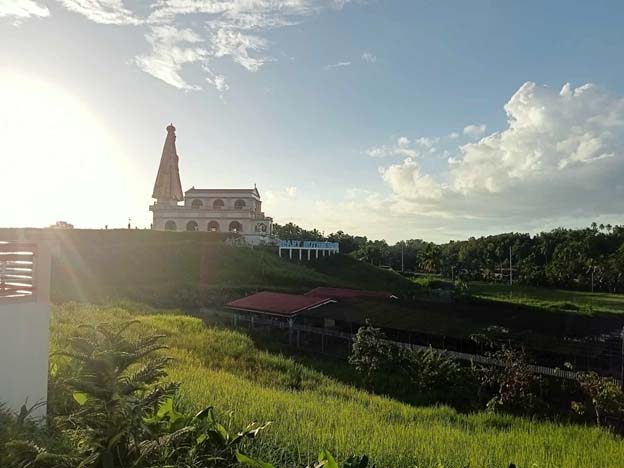THE “MARY’S HOUSES OF MERCY”
The Marian Vow also impels us to create many “Mary’s Houses of Mercy,” as centers from which the light of our Marian and Divine Mercy apostolate can be diffused throughout a region, throughout a nation, throughout the various continents and the entire world.
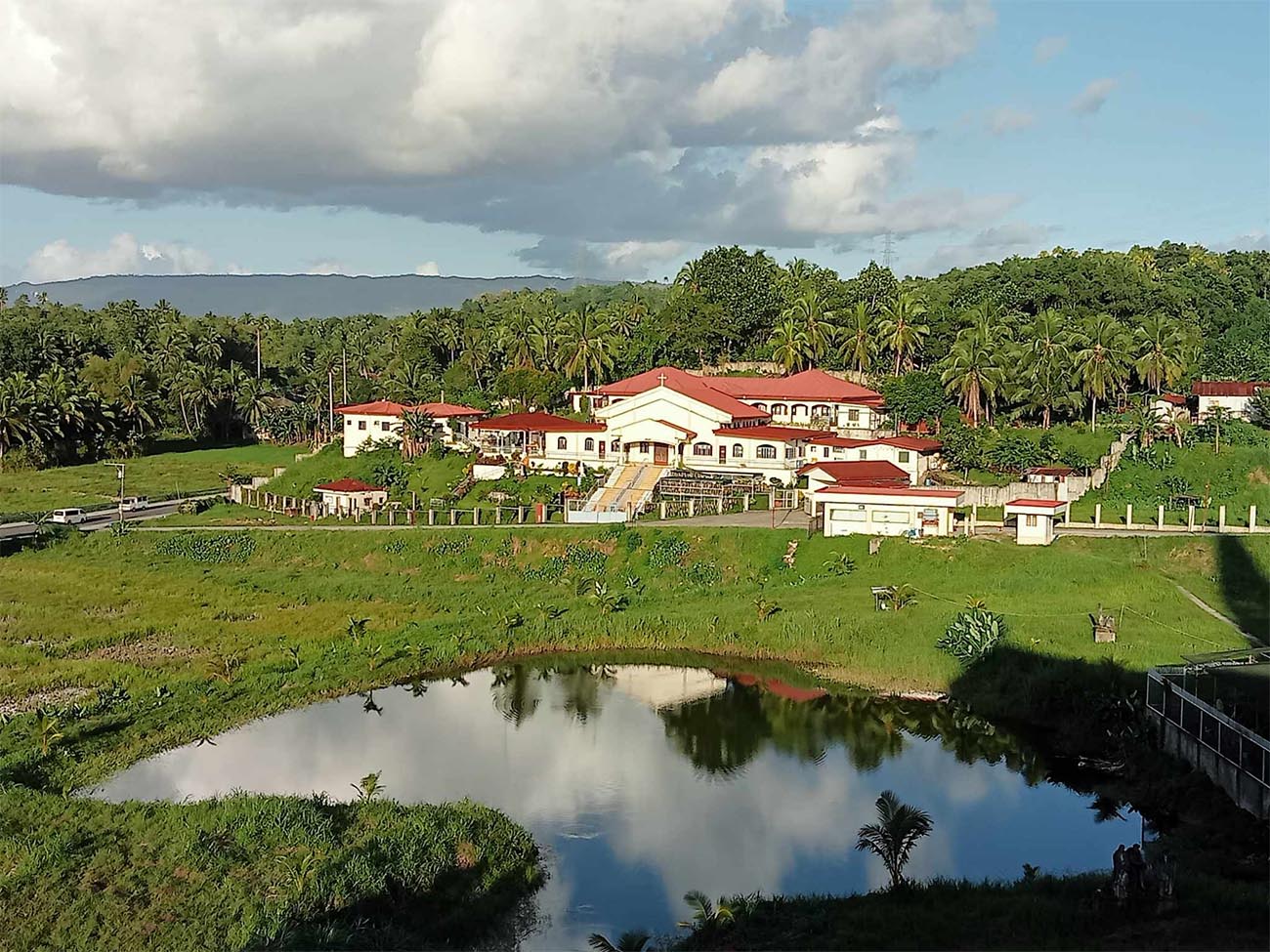
The “Mary’s Houses of Mercy” are to be the most exemplary in religious life and works of mercy both spiritual and corporal. This was Jesus’ ardent desire for the world to know and have recourse to His mercy given to St. Faustina Kowalska and St. Maximilian Mary Kolbe’s fiery apostolic concern with his bold and “foolish” construction of “Marian Cities” on every continent and in every nation of the earth in order to bring to all the Immaculate, she who opens all hearts and causes the dear Savior Jesus to be born in them.
The Seven Corporal and Seven Spiritual Works of Mercy
In Misericordiae Vultus, No. 15, Pope Francis enumerated the seven corporal and seven spiritual works of mercy as follows:
It is my burning desire that, during this Jubilee, the Christian people may reflect on the corporal and spiritual works of mercy. It will be a way to reawaken our conscience, too often grown dull in the face of poverty. And let us enter more deeply into the heart of the Gospel where the poor have a special experience of God’s mercy. Jesus introduces us to these works of mercy in his preaching so that we can know whether or not we are living as His disciples.
Let us rediscover these corporal works of mercy: to feed the hungry, give drink to the thirsty, clothe the naked, welcome the stranger, heal the sick, visit the imprisoned, and bury the dead. And let us not forget the spiritual works of mercy: to counsel the doubtful, instruct the ignorant, admonish sinners, comfort the afflicted, forgive offences, bear patiently those who do us ill, and pray for the living and the dead.
In Dives in Misericordia No. 14, St. John Paul II says:
Jesus Christ taught that man not only receives and experiences the mercy of God, but that he is also called ‘to practice mercy’ towards others: ‘Blessed are the merciful, for they shall obtain mercy.’ The Church sees in these words a call to action, and she tries to practice mercy. All the beatitudes of the Sermon on the Mount indicate the way of conversion and of reform of life, but the one referring to those who are merciful is particularly eloquent in this regard. Man attains to the merciful love of God, His mercy, to the extent that he himself is interiorly transformed in the spirit of that love towards his neighbor.
Our Lord explained to St. Faustina Kowalska that faith alone would not suffice. “But there must also be acts of mercy,” He told her. “Even the strongest faith is of no avail without works” (Diary, 742).
Jesus gave her three ways to practice mercy toward our neighbor: “I am giving you three ways of exercising mercy toward your neighbor: the first — by deed, the second — by word, the third — by prayer. In these three degrees is contained the fullness of mercy, and it is an unquestionable proof of love for Me. By this means a soul glorifies and pays reverence to My mercy (Diary, 742).
Community Corporal Works of Mercy
We conduct a feeding activity during our weekly catechism classes with the children. We created a deep well water system and endorsed it to the local government of the area for administration and water distribution. We also donated relief goods and clothing as well as facilitated the building of houses for typhoon victims as funded by the diocese. From time to time we organize medical, dental and optical missions. We also provided coffin assistance to the family of deceased poor people.
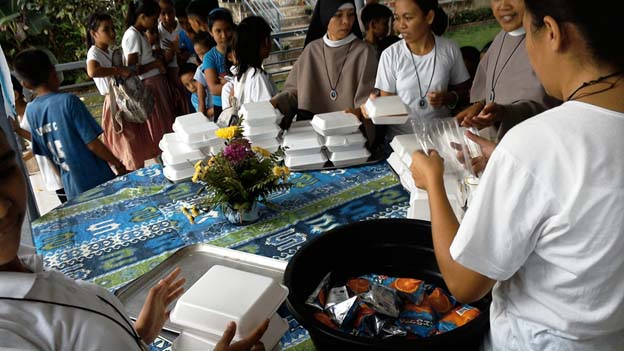
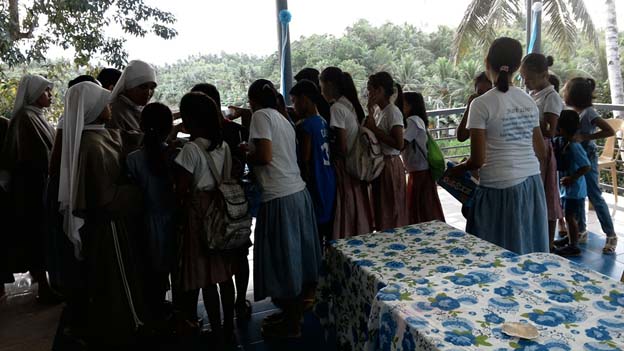
Community Spiritual Works of Mercy
Our priests are engaged in the following ministries: administration of the Sacraments, preaching, counseling and spiritual direction. Our friars and sisters conduct weekly catechism classes. We also pray for the living and the dead daily through personal and common prayers.
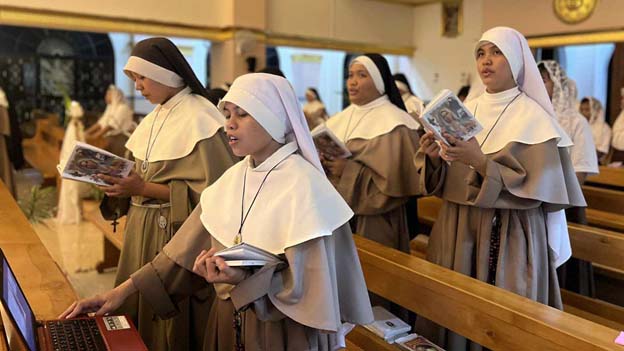
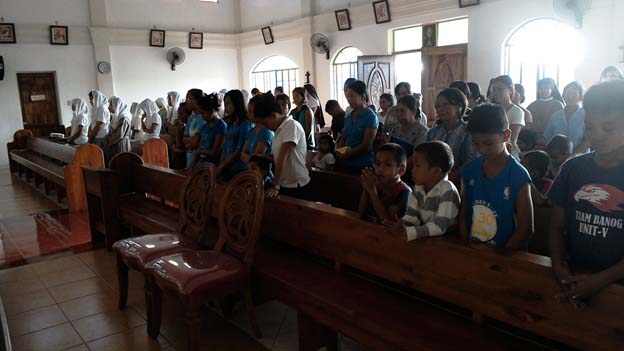
Rebuilding of a Catholic School
In Villareal, Western Samar, there was an old secondary school built in 1967, which was owned by the Diocese of Calbayog. The distance of the school is approximately a three-hour drive from Calbayog City.
In 2011, it was closed by the Philippine Commission on Higher Education (CHED) because of its dilapidated condition and other reasons. At the same place of the old building, our community is now administering the new school with a new building, the Divine Mercy Integrated Academy of Villareal Foundation, Inc. (DMIAVFI).
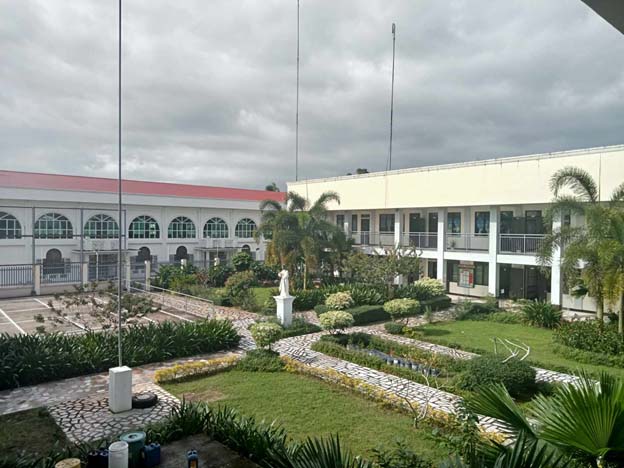
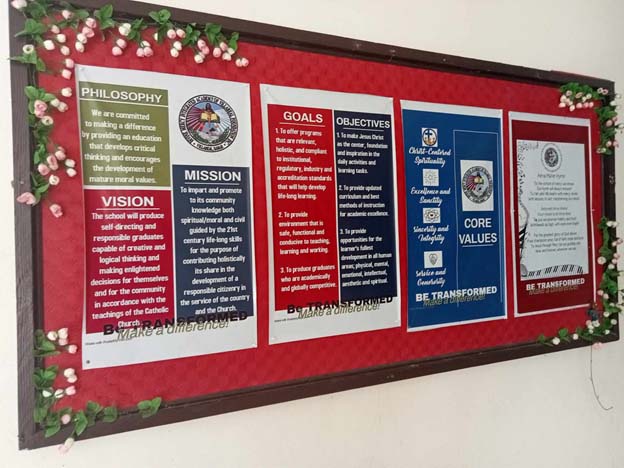
The public schools in the area have no catechism classes. The people there live in poverty and the place is depressed. The local bishop believes that the only way to solve the educational and moral problem of the people is to build a Catholic school where we can teach the Christian values and can give quality academic instructions.
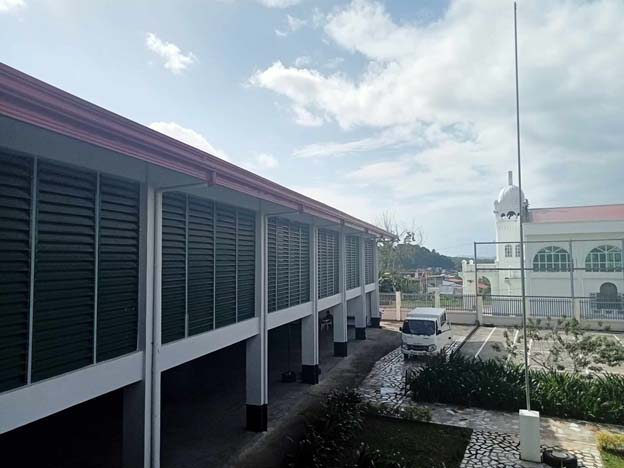
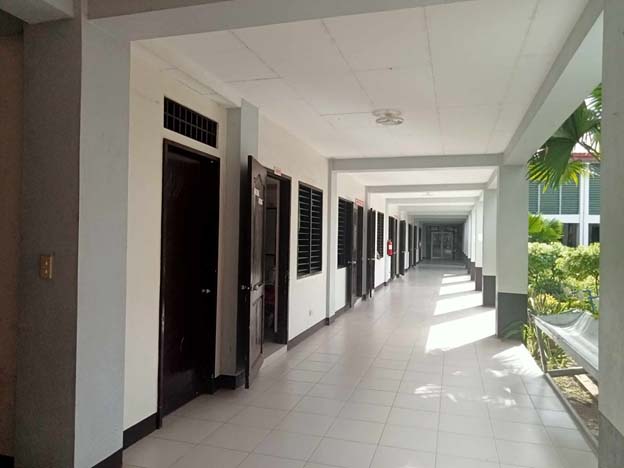
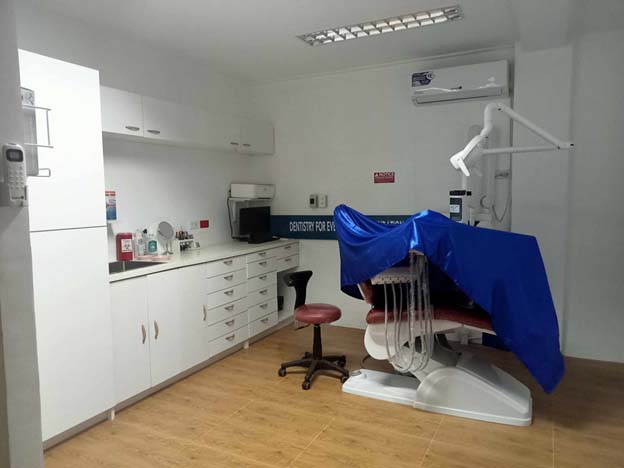

Divine Mercy Center for Spirituality
The Divine Mercy Center for Spirituality is located in Calbiga, Western Samar. The purpose of this project is to create a suitable place for people to make retreats and spend time in silence and solitude as they search for a deeper encounter with God.
